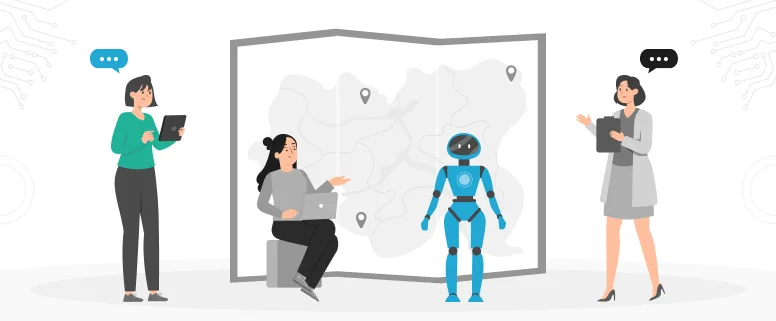There are many differences between translator and interpreter, while both of them require a good master of the source language and target language. Here in CCJK we are going to explain the requirements to be an interpreter.
Like any other language, the material elements spoken English are sounds, which speak to the ears, while those of written English are written types or figures, which speak to the eyes. According to B.I.Evans, so far apart that they almost constitute two different languages.
Maybe it is a little overstated, however, he points out the main point: there are many differences between translation and interpretation. And today we are mainly talking about their differences in manner of working.
Read Also: Notes for translator from my February projects
1. Interpretation needs to be finished in a quite short time, even simultaneous sometimes. The main task of an interpreter is to convey the speaker’s thought to audience correctly, and reach a goal of communication. Thus, the interpreter will choose the word which rushes in mind firstly, while sentence structure and expression are quite simple.
For time limited, the interpreter can not refer to any files or materials, or seek help from experts, scholars. Besides, they have to make it clear for audience. The translator relatively do not have a time limit, they can look into the reference book and pick the most appropriate word.
From the sentence structure, the translator always chooses compound sentence, composite sentence and rhetoric like metaphor or parallelism. The translator can also discuss with others, and ask for help. Thus, we can see that the interpreter has to work independently, while translator can work cooperating with others.
2. Because the working place of interpreter is always in public. The interpreter should face to many audiences, while the interpreter can choose the place they like, as library, reference room, study room, etc.
Thus, another difference between interpretation and translation is that the interpreter should have a good psychological diathesis, then he will have a better performance in front of audiences.
Of course, there are some advantages of facing audience, the interpreter can deep-in understand the inner meaning of words based on the tone changes of speaker. He can also apply free translation, and add some explanation or change another sentence if the audiences are still unclear on it. All of these are incapable for translator.



